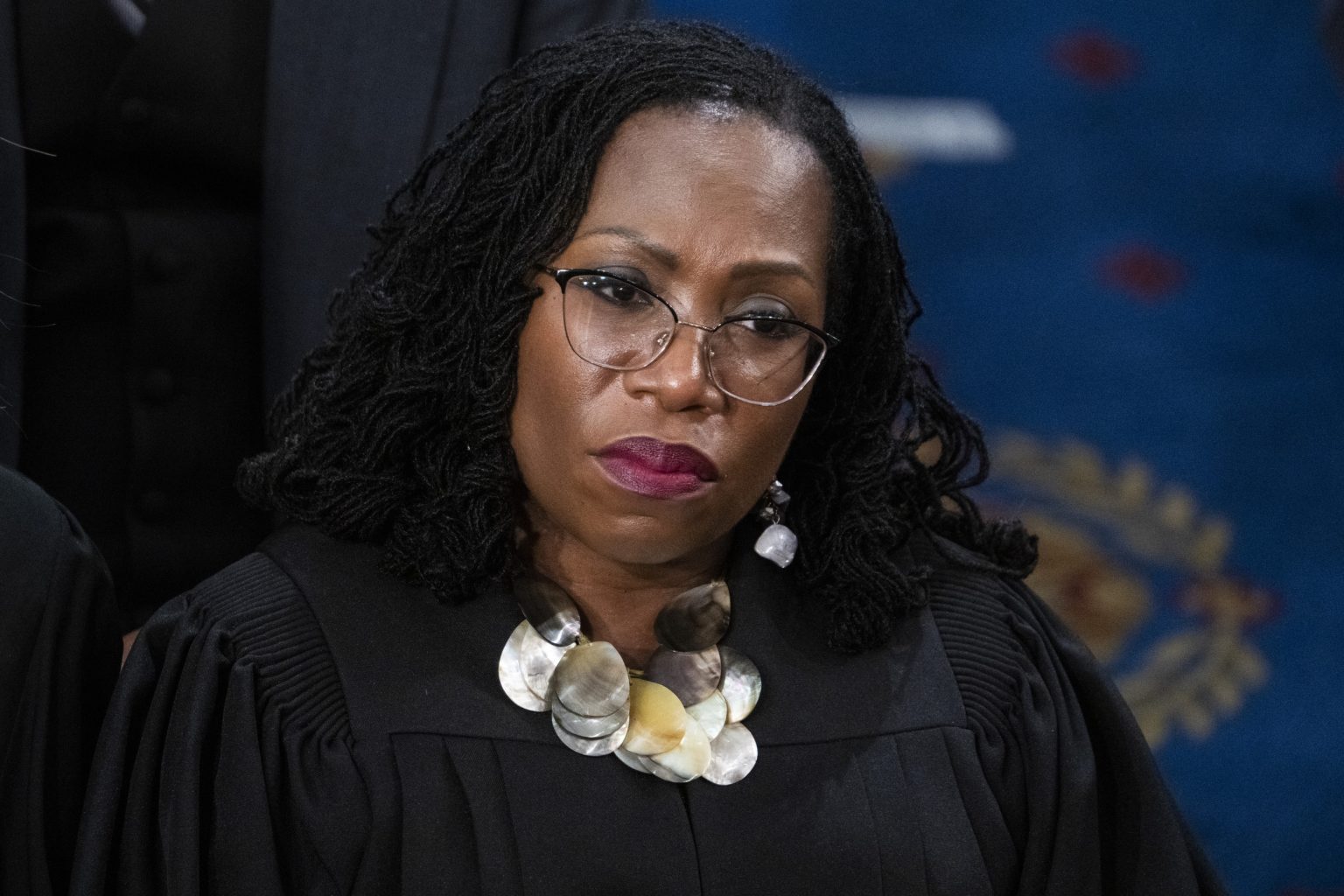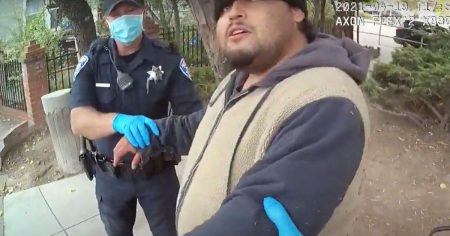Supreme Court Justice Ketanji Brown Jackson expressed her dissent against the decision of the conservative majority to allow Idaho’s transgender youth health care ban to be enforced during an appeal. She argued that the court failed to demonstrate “reason and restraint” while granting the request from Idaho officials to enforce the ban, stating that the state had not shown that blocking the ban during the appeal would cause “irreversible injury.” Jackson emphasized the importance of respecting lower court judges and refraining from getting involved in cases that do not present a clear need for immediate relief, especially in novel and unsettled circumstances.
Idaho had previously signed a law last year, supported by Republican Governor Brad Little, which imposed a near-total ban on gender-affirming health care for transgender youth. The law was temporarily blocked by a lower court, but the Supreme Court’s decision on Monday allowed its enforcement while the case proceeds through the courts. Justice Neil Gorsuch, in his concurring opinion, argued that the partial stay would not harm the plaintiffs involved in the lawsuit and that blocking the ban could prevent Idaho from executing any aspect of its law for an extended period of time.
Jackson pointed out that Idaho had already acknowledged that the new law was likely unconstitutional, particularly as applied to the plaintiffs in the case. She criticized the court for not addressing the constitutionality of the law in its decision and raised concerns about the significant practical impact of regulating access to gender-affirming medical care for transgender children. Jackson emphasized the importance of the court exercising reason and restraint in its decisions, especially in cases that involve highly charged and unsettled circumstances.
The ruling by the Supreme Court to allow Idaho’s transgender youth health care ban to be enforced, except for the plaintiffs in the case, was met with dismay and criticism from transgender activists and supporters. Many expressed concern that the decision would have devastating consequences for trans youth across the nation. In response to the ruling, Idaho Attorney General Raúl Labrador celebrated it as a victory to protect vulnerable kids, stating that the law was intended to prevent children from being subjected to what he referred to as dangerous drugs and procedures.
Transgender rights, especially concerning youth access to gender-affirming medical care, have become contentious political issues that have been at the center of the culture war. Multiple bills similar to the Idaho ban have been proposed or passed in Republican-led states, reflecting the polarization surrounding this issue. Major medical organizations in the United States support gender-affirming care as the most effective treatment for transgender adults and youth, with treatments sometimes limited to puberty blockers that have been safely used for decades. The debate over transgender rights remains a complex and divisive issue in the current political landscape.















